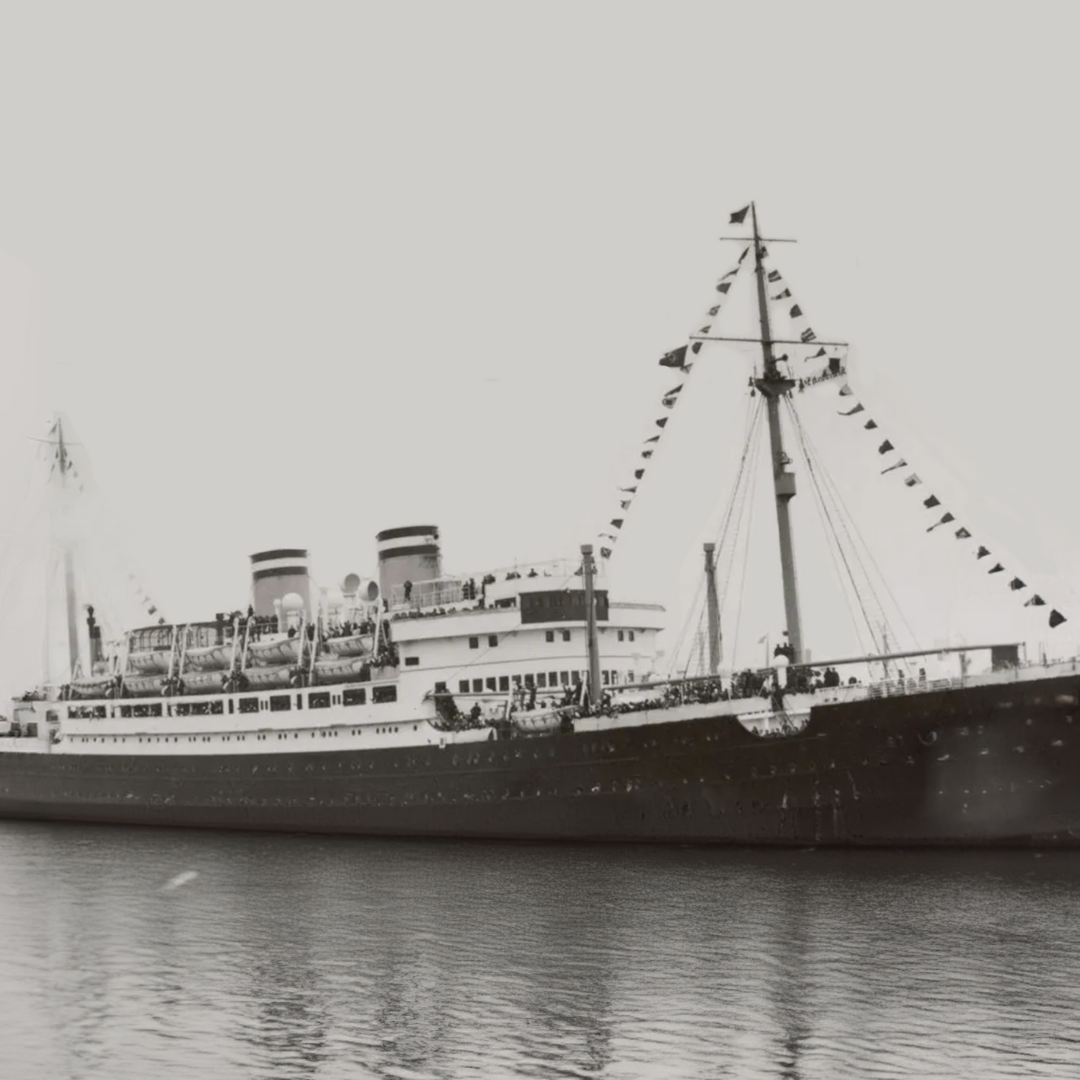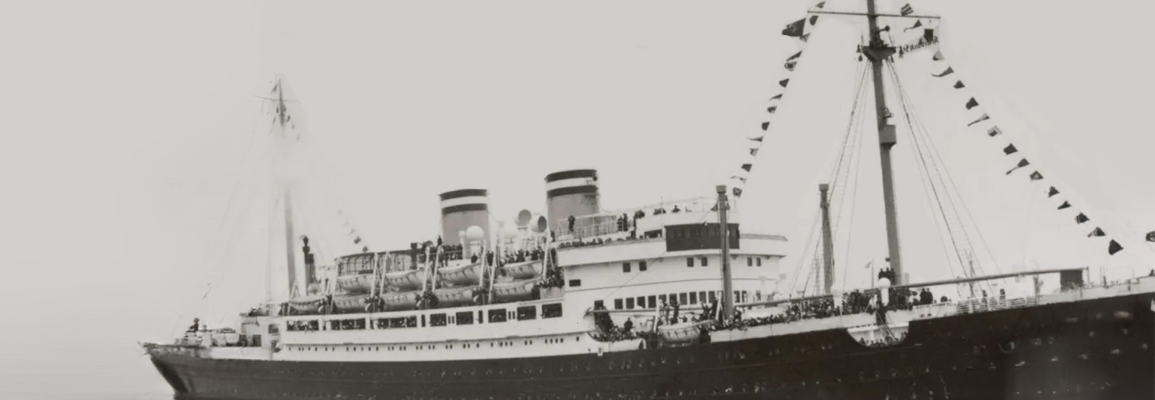22nd Annual Martin and Doris Rosen Symposium
The 22nd Annual Martin and Doris Rosen Symposium, supported by the Claims Conference on Jewish Material Claims Against Germany, the Martin and Doris Rosen Symposium Endowment, and the local Jewish community, will be held July 11-17, 2024, at the Appalachian State University campus in Boone, North Carolina.
The theme of this year's Symposium is "The Holocaust and America." We will explore the relationships among the United States, Germany, and European Jews leading up to, during, and after the Holocaust. Using experiential learning practices, in particular Universal Design of Instruction, we will consider Holocaust questions such as antisemitism in America and Germany, eugenics and pseudo-science, the Nuremberg Laws and their relationship to Jim Crow Laws, Jews as American refugees, and much more.
By the week's end, you should have a strong basis in the context of the Holocaust, the events of the Holocaust, how to teach ethical lessons through the Holocaust, and how to emotionally protect yourself and your students through the learning process. You will leave with teaching materials, lists of resources, and lesson plans for teaching Holocaust topics.
The Symposium provides approximately 40 hours of instruction, discussions, demonstrations, and public programs designed for teachers, students, and the community. Teachers who complete all forty hours will receive 4 CEUs.
With Assistance from the Conference on Jewish Material Claims Against Germany
Sponsored by the Foundation "Remembrance, Responsibility and Future"
Supported by the German Federal Ministry of Finance
Contact
The co-directors of this year's Symposium are Lee Holder and Amy Hudnall, interim director of the Center for Judaic, Holocaust and Peace Studies (CJHPS) at Appalachian State. Questions can be directed to Ms. Hudnall via email at hudnallac@appstate.edu.

About the St. Louis
Throughout this year's Symposium materials, you will notice an image of the St. Louis ship.
In May 1939, the German liner St. Louis sailed from Hamburg, Germany, to Havana, Cuba. The 937 passengers were almost all Jewish refugees. Cuba's government refused to allow the ship to land. The United States and Canada were unwilling to admit the passengers. The St. Louis passengers were finally permitted to land in western European countries rather than return to Nazi Germany. 254 St. Louis passengers were killed in the Holocaust.
Learn more at encyclopedia.ushmm.org/content/en/article/voyage-of-the-st-louis.



